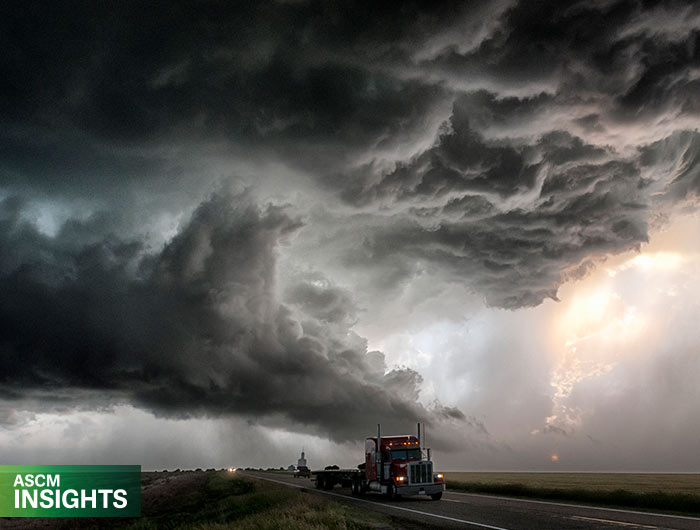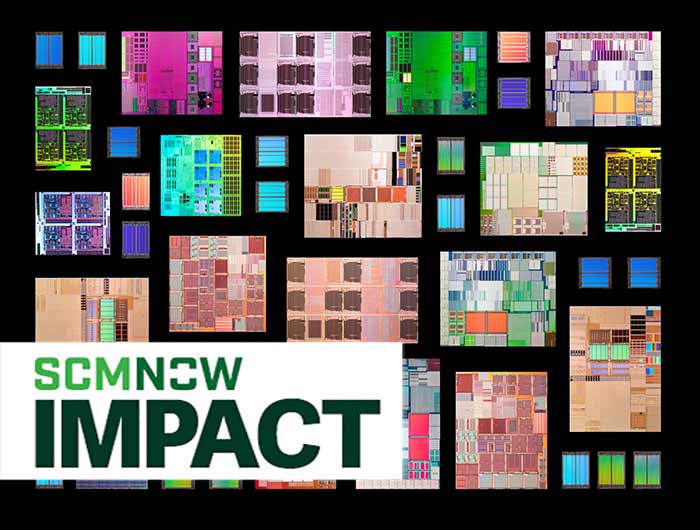Supply chain resilience has remained a critical initiative for several years, recognized by industry professionals as essential for sustainable success. While the immediate economic impacts of resilience strategies — such as vendor diversification and optimized inventory management — often receive the most attention, supply chain professionals must maintain a long-term perspective. Though quick economic gains are important, true resilience allows for lasting stability.
When it comes to prioritizing resilience, it’s easy to make a clear business case. In the ASCM Insights Blog, Editor-in-Chief Elizabeth Rennie puts it this way: “It's no longer just about managing risk; it's about gaining a true competitive advantage. Time and again, companies that prioritize resilience are better positioned to minimize the impact of disruptions, respond quickly to changing market conditions, deliver products and services to customers on time and within budget, and boost customer satisfaction.”
However, building resilience isn’t just about the bottom line; it requires a strong commitment to sustainability to ensure lasting results. Unfortunately, sustainability has fallen out of favor in some political circles, leading to greenhushing or, as the MIT Sloan Management Review notes, “slowing clean economy initiatives” and even “blanket support for fossil fuels.” The Review warns: “If you believe in the business and societal benefits of sustainability … the time ahead could be rough.”
Despite broader macroeconomic tension, a recent Bain & Company report found that “brands scoring highest on sustainability have as much as 10 times higher revenue growth than traditional competitors.” And communicating a clear value system — despite what’s happening in the federal government or on Wall Street — sets organizations apart from the companies that change their stances when goals are difficult or politically unpopular, or who are in it for the PR.
“Don’t expect short-term wins, but rather long-term loyalty. Sustainability for most organizations is not a money-spinner,” The Times notes. “In five years’ time, though, your reputation and credibility are likely to have a direct and lasting influence on buying behavior.” Further, the World Economic Forum warns that climate-related disruptions could cut corporate earnings by 7% annually by 2035. But this isn't just about profits; these disruptions, from extreme weather to resource scarcity, directly degrade ecosystems and harm communities. As industry leaders, we have a clear and crucial responsibility to protect both our businesses and the planet we share.
Up to the challenge
One way to keep the focus on sustainability is to discover the latest resilience innovations and initiatives from world-class supply chain organizations. To that end, I hope you will join ASCM’s Doulgas Kent, executive vice president of corporate and strategic alliances, who will be on the ground as the official supply chain educator at two exciting events: The American Manufacturing Summit (March 19-20) and the American Supply Chain Summit (May 1-2) will provide valuable insights into operational resilience, supplier relationships, performance efficiency and optimization, and much more. Don’t miss Kent’s three insightful panels, where long-term vision meets actionable strategy.
Participate in our LinkedIn poll and let us know what you think about the best way to prioritize supply chain resilience.



